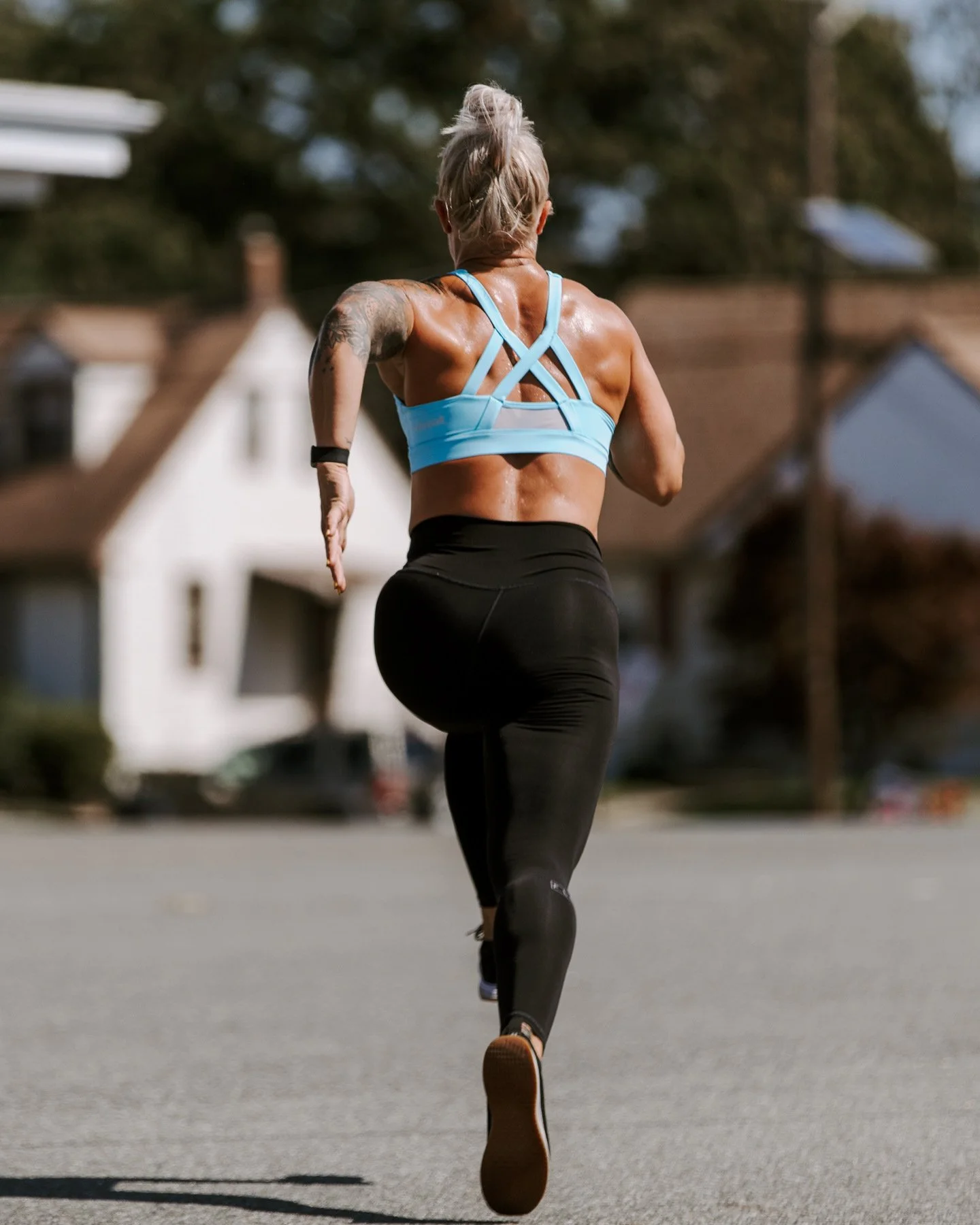What does Performance Nutrition actually mean?
How many times have you looked at pictures of CrossFit athletes, weightlifters, etc. and thought “I would kill to look like that” ?
But if we knew what it actually took to get there, we might reconsider.
This also brings up one of the biggest misconceptions in fitness - the idea that looking shredded is equivalent to better performance in the gym or in sport.
The disconnect lies in several factors:
Many don’t realize how much time the elite athletes they fangirl or fanboy over spend training (full-time, elite CrossFit athletes are in the gym at least 5-6 hours a day). How much work and sacrifice are you really willing to put into your sport or the gym?
Genetics also play a huge role in your body type, how your muscles look, how your body carries fat, loses fat, etc.
There are cases where athletes may look super lean, but it doesn’t necessarily reflect well on their performance, their actual health, or satisfaction with their personal life. They might be at their leanest, but that doesn’t mean there isn’t more to the story.
Being a successful athlete doesn’t require getting shredded.
And here’s the cold, hard truth...
If you want to be a performance athlete, your performance needs to be your true number one priority.
There has to be a balance between how you want to look and having the energy you need to perform at the highest level in your sport or in the gym. Aesthetics will most likely follow behind performance in time, but some people just won’t get abs AND the ability to back squat 300 pounds. And that’s OKAY.
There’s no right or wrong answer. You just have to decide what’s most important to you - performance, or physique.
If your answer is performance matters most, let’s talk about some truths and tips:
Nutrition for Performance
→ How much food you need on rest days and training days. Many people think, “If I’m not burning a ton of calories that day so I should eat as much,” when in reality, those days are almost more important than your training days because this is when your body recovers. This includes time off or breaks from competition.
→ This ties in with the previous topic: Not looking at food as a reward or punishment. You have to eat just to nourish yourself and survive. It’s sustenance for your body.
→ The whole idea of “calories in, calories out” or “you should only eat as many calories as you burn” doesn’t really apply to athletes. Our society has ingrained this idea in our heads that actually does such a disservice to performance athletes because we need to focus on fueling our bodies, not depriving them or giving them just enough to function.
→ Periodizing your nutrition with your training. Athletes don’t do the same thing every day; they often have different phases or periods of training, which means we need to know the best nutritional strategy to optimize the outcome and illicit the adaptations we’re trying to achieve. We can’t just do one thing with our diet consistently if we want to amplify our training effects.
→ It’s so important to get in tune with your body and notice how you’re feeling. This is such a huge indicator of whether or not your nutrition is working for you, i.e. you’re feeling fatigued during training sessions, sluggish throughout the day, or can’t sleep at night.
→ Nutrition timing: We want to focus heavily on placing the majority of our carbs around our training sessions and pairing it with adequate lean protein as well. This makes a huge impact on performance AND recovery.
→ Underfuleing and not eating enough will negatively impact your CNS. Everything works until it doesn’t, and you’ll find that maybe underfueling will work for a while until your body crashes. This negatively impacts your sex hormones, adrhrenals, sleep quality, mood, and recovery.
If you’re someone trying to train on a daily basis to get to a performance goal, know that nutrition is a long game, a learning process, and it won’t look the same for everyone.
At Black Iron, we preach that this is not a quick fix for 30 days. Whether you are a performance athlete or lifestyle client of ours, it’s all about building habits that stick.
If you’re interested in working with one of our BIN Performance coaches, get more info and join here!

